Ever landed in a new country, wandered up to the first currency exchange counter, and walked away wondering if you just paid way too much? You’re not alone. Currency exchange can be one of the most confusing—and expensive—parts of international travel. But with the right currency exchange tips for travelers, you can save money, avoid scams, and travel like a seasoned pro.
Whether you’re heading to Tokyo, Tulum, or Turkey, understanding the ins and outs of exchanging currency will not only protect your wallet but also boost your confidence abroad. In this guide, we’ll explore the smartest ways to handle currency exchange, when to convert, how much to carry, and what tools modern travelers are using to stay ahead.
Why Currency Exchange Matters
- Rates vary widely: A bad rate can cost you 5–15% more than necessary.
- Fees add up: From ATM charges to hidden commissions, costs compound.
- Safety and convenience: The right method means fewer hassles on the road.
- Budget control: Managing currency helps avoid overspending or getting stranded.
Currency Exchange Tips for Travelers: Before You Go
1. Know the Mid-Market Rate
The mid-market rate is the “true” exchange rate—the midpoint between buying and selling prices. This is what you see on Google or XE.com. Banks and exchange counters add their own markup to this. Knowing the mid-market rate helps you spot a good deal—or a rip-off—instantly.
2. Don’t Exchange at Your Home Airport
Airport currency exchange counters are convenient but expensive. They often offer poor rates and high fees. If you must get some cash for emergencies, exchange a small amount and wait until you’re in the destination city to do the rest.
3. Order Currency from Your Bank in Advance
Some banks offer foreign currency at competitive rates if you order in advance. This can be done online or in-person and may take 2–5 business days. It’s safer and often cheaper than waiting until you arrive.

Currency Exchange Tips for Travelers: While Abroad
1. Use ATMs Strategically
Local ATMs usually offer better rates than exchange booths, especially if your bank reimburses ATM fees. But choose machines inside banks or malls—these are safer and less likely to be tampered with.
- Withdraw larger amounts: Fewer transactions = fewer fees
- Avoid dynamic currency conversion: Always select the option to be charged in local currency, not your home currency
- Use a debit card with no foreign ATM fees: Cards from Charles Schwab, Revolut, or Wise are popular among frequent travelers
2. Avoid Hotel Front Desks and Tourist Counters
These spots typically offer the least favorable exchange rates. They bank on convenience and assume most travelers won’t know the difference. Step outside and head to a bank or reputable exchange service instead.
3. Consider Using a Multi-Currency Travel Card
Services like Wise (formerly TransferWise), Revolut, and N26 offer prepaid travel cards that let you hold and convert multiple currencies at real exchange rates. They’re safer than carrying cash, and you can often freeze or top up instantly from an app.
4. Beware of Currency Exchange Scams
Be cautious of unofficial currency exchanges in markets or street corners. These may involve hidden fees, fake bills, or short-changing tactics. Stick to verified institutions and check your receipts carefully.
How Much Currency Should You Carry?
- Carry small bills: Great for taxis, street food, and tips
- Keep emergency cash: Especially in places where ATMs may be unreliable
- Split your money: Keep some in your day bag, some in your luggage, and a small emergency stash elsewhere
- Have a backup card: A second debit or credit card can be a lifesaver if one is lost or blocked
Currency Exchange Tools You Should Use
- XE.com or CurrencyFair: To check real-time rates
- Wise: For cross-border transfers and currency holding
- Revolut: For fee-free ATM withdrawals and multi-currency storage
- Google Pay & Apple Pay: Widely accepted and connected to your travel accounts

Traveling to Cash-Preferred Countries? Read This
In some countries, cash is still king. Think Vietnam, Morocco, or parts of South America. In these destinations, having a good amount of local currency is vital. Plan accordingly, withdraw what you need in one go to avoid multiple fees, and learn basic denominations to avoid being overcharged.
Where to Avoid Exchanging Currency
- Airport kiosks: Worst rates and highest commissions
- Hotels and resorts: Convenience comes at a cost
- Markets or unofficial spots: Risky and unregulated
- Currency exchange counters in tourist traps: Often advertise “no fee” but hide it in poor exchange rates
We’d Love to Hear from You!
Do you have currency exchange tips for travelers that saved you time or money? Ever made a mistake you learned from? Share your experiences in the comments and help your fellow explorers travel smarter.
And follow us on social media for weekly travel finance tips, budgeting advice, and digital tools that take the guesswork out of globetrotting.
Conclusion: Currency Exchange Tips for Travelers That Actually Work
Being savvy about currency exchange is one of the easiest ways to stretch your travel budget. With a few tools, a bit of planning, and an understanding of the basics, you can handle your money like a pro anywhere in the world. These currency exchange tips for travelers are your passport to smarter, safer, and more rewarding travel—without losing a cent to unnecessary fees.
Catch up on the top stories and travel deals by subscribing to our newsletter!

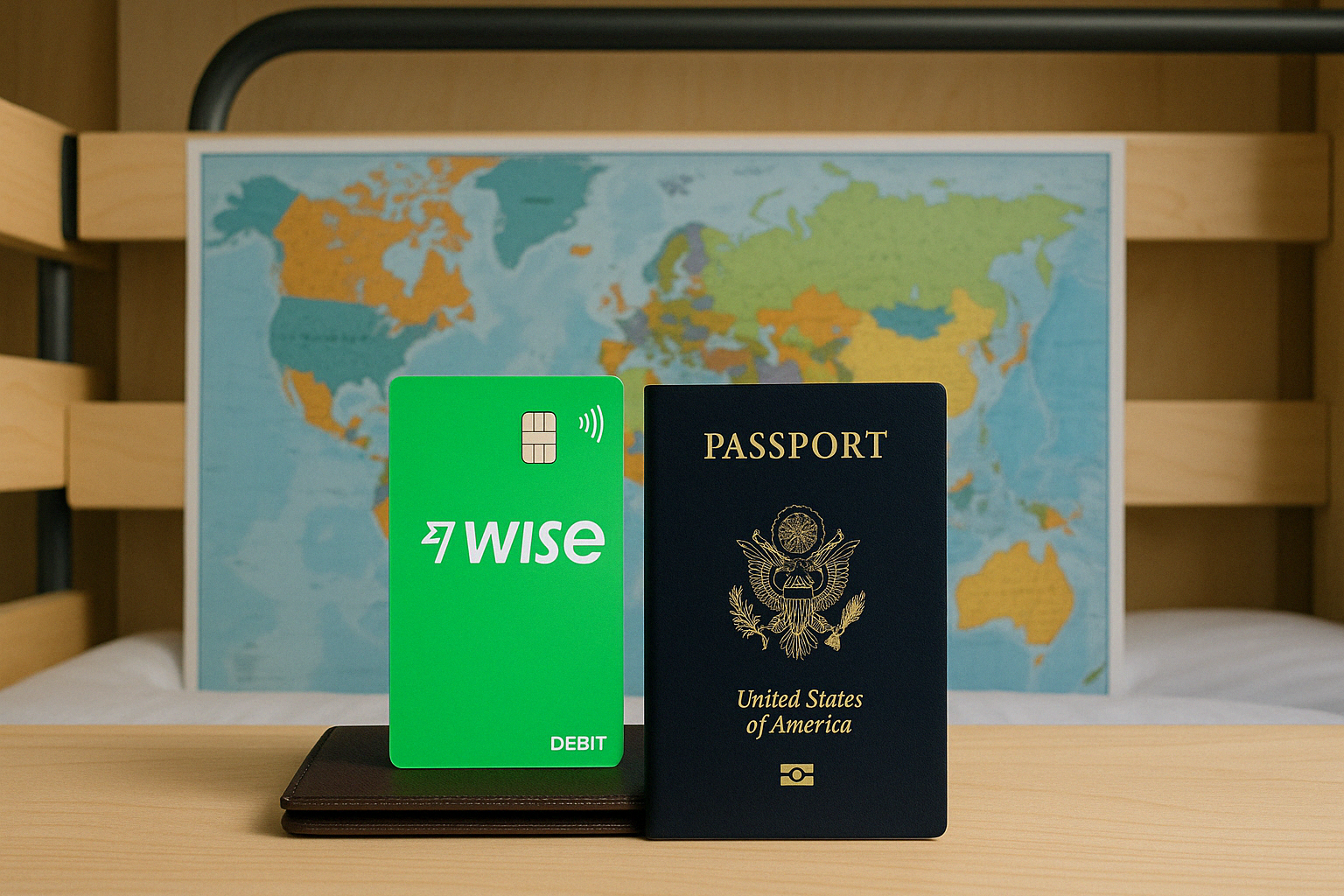

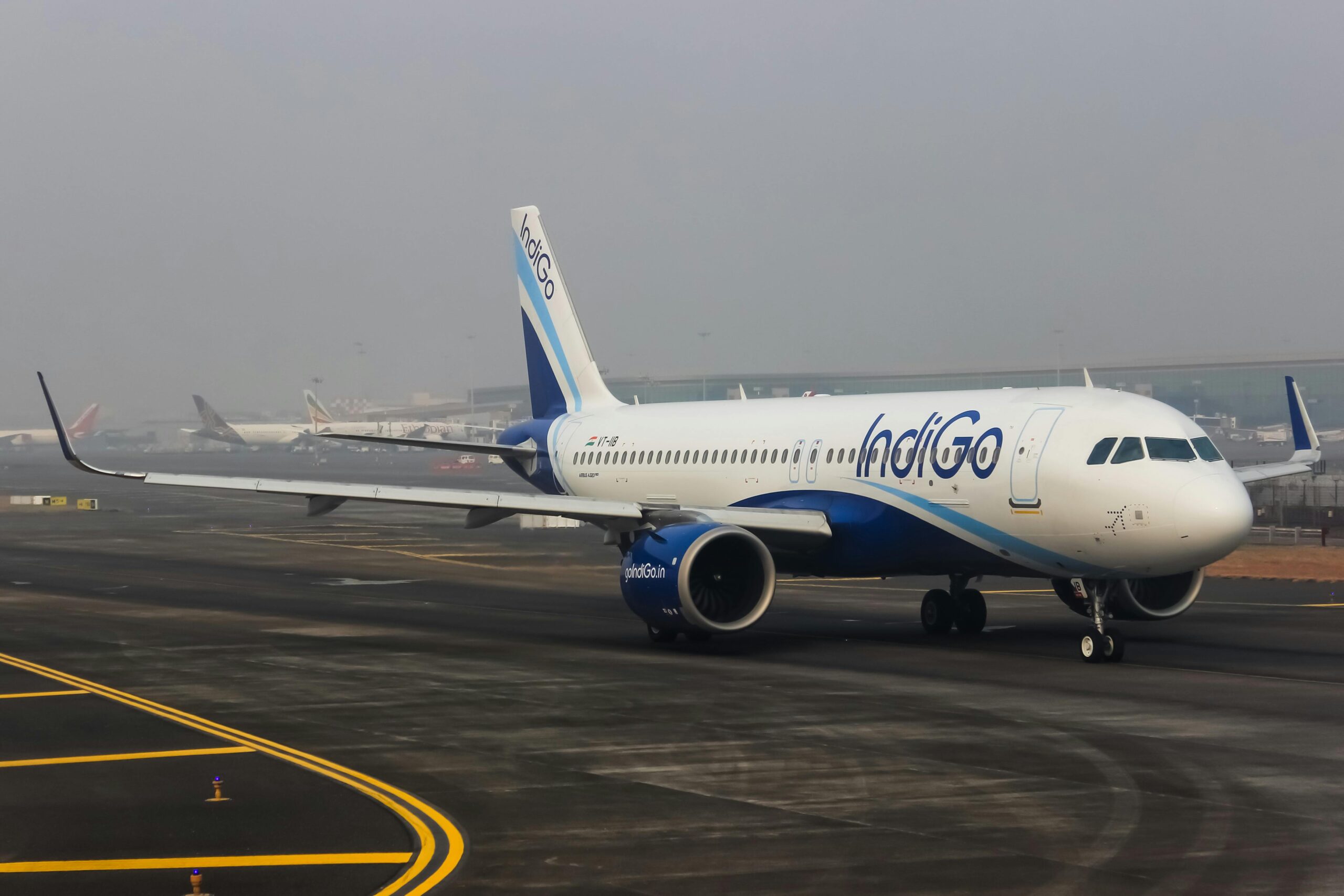
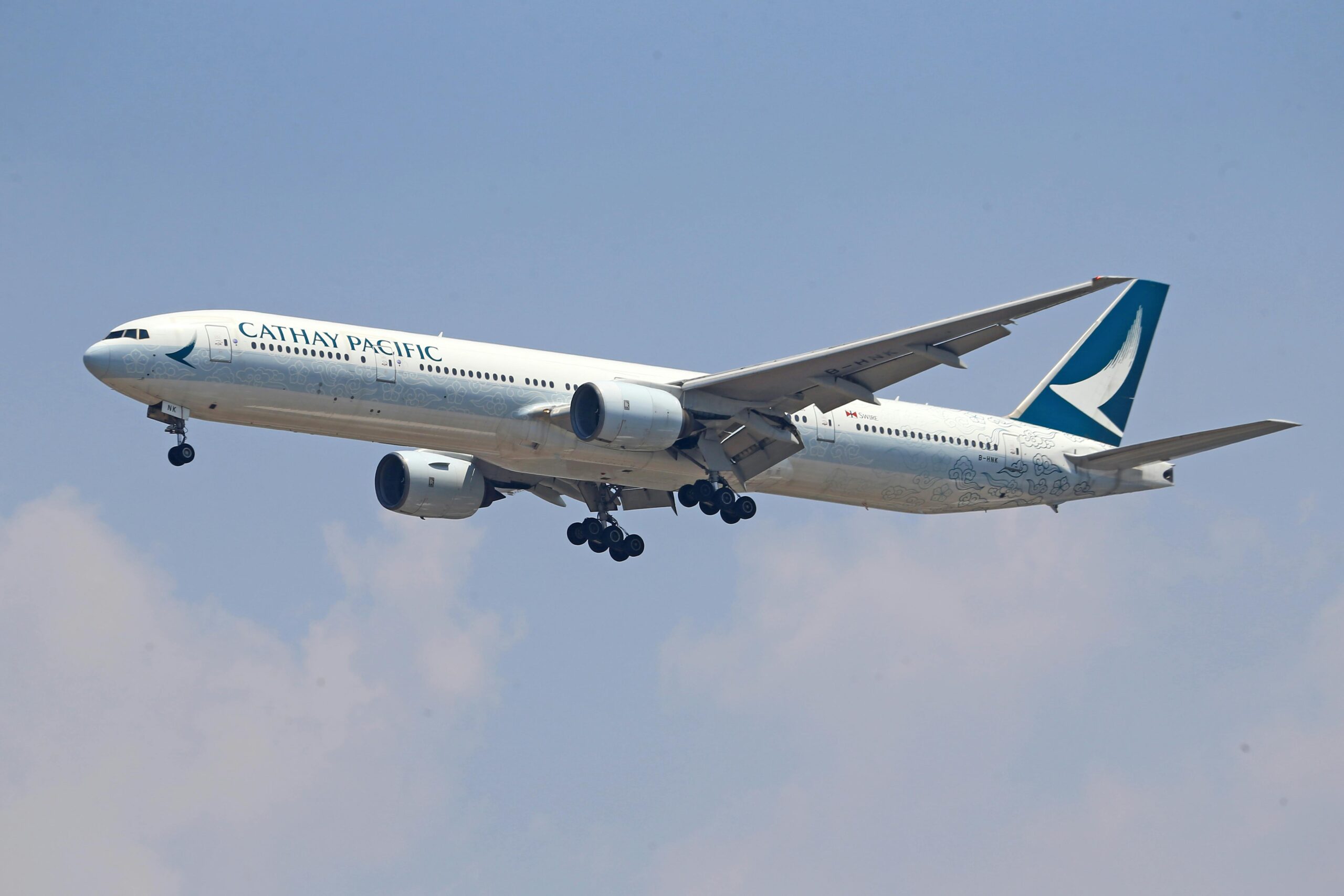

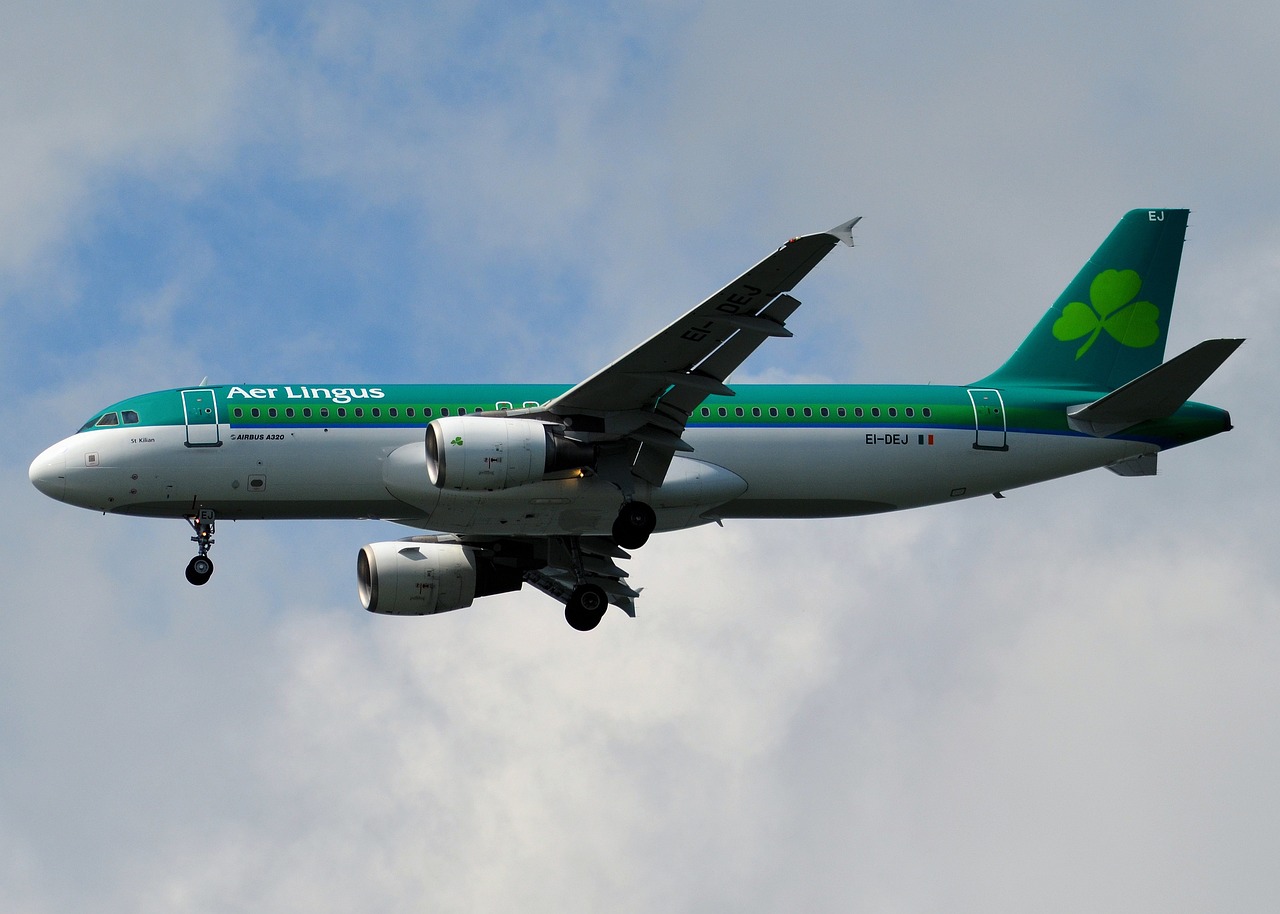
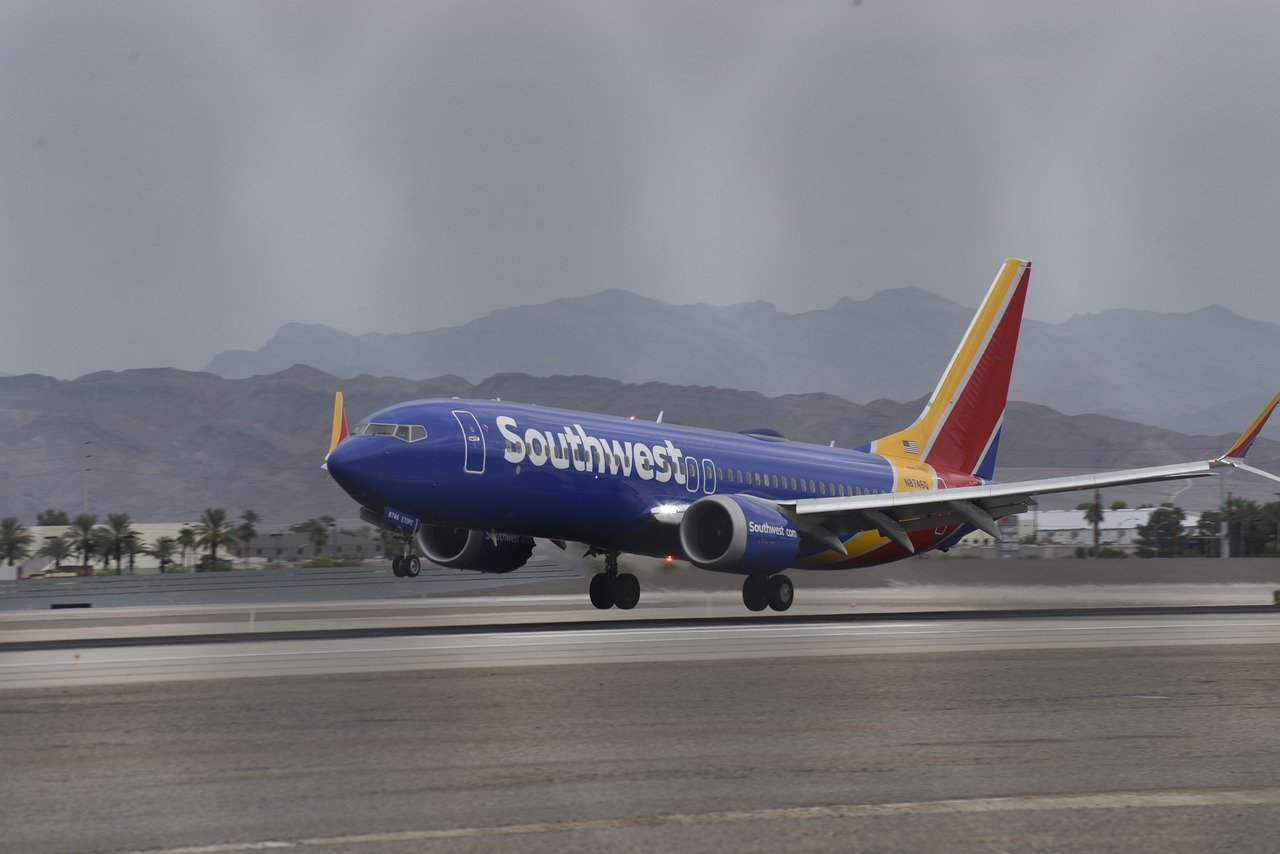




Leave a Reply